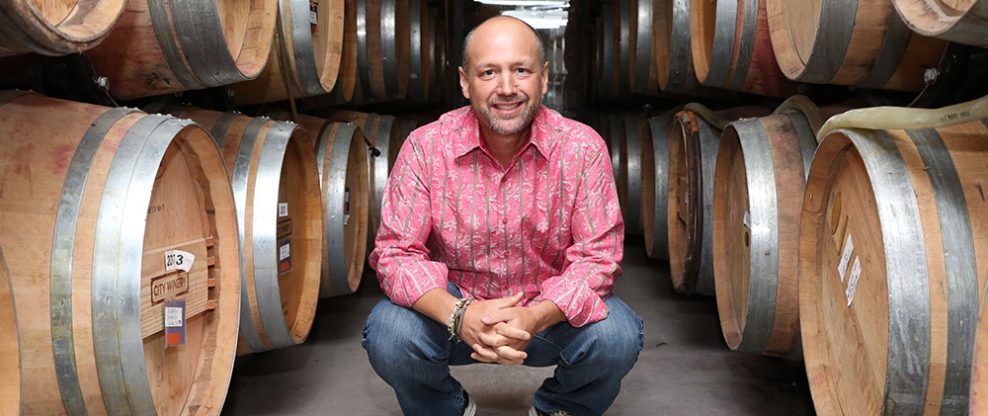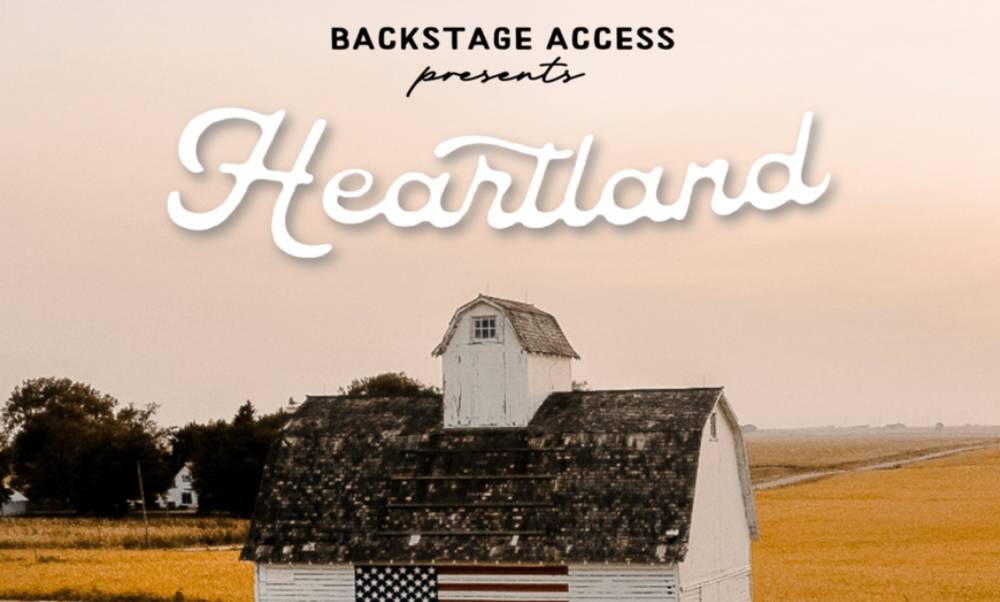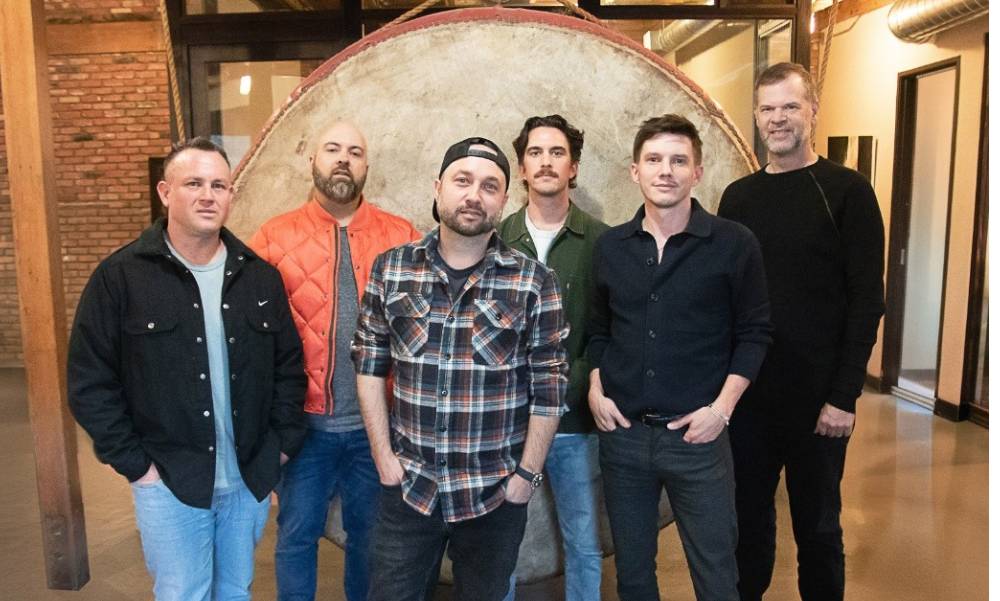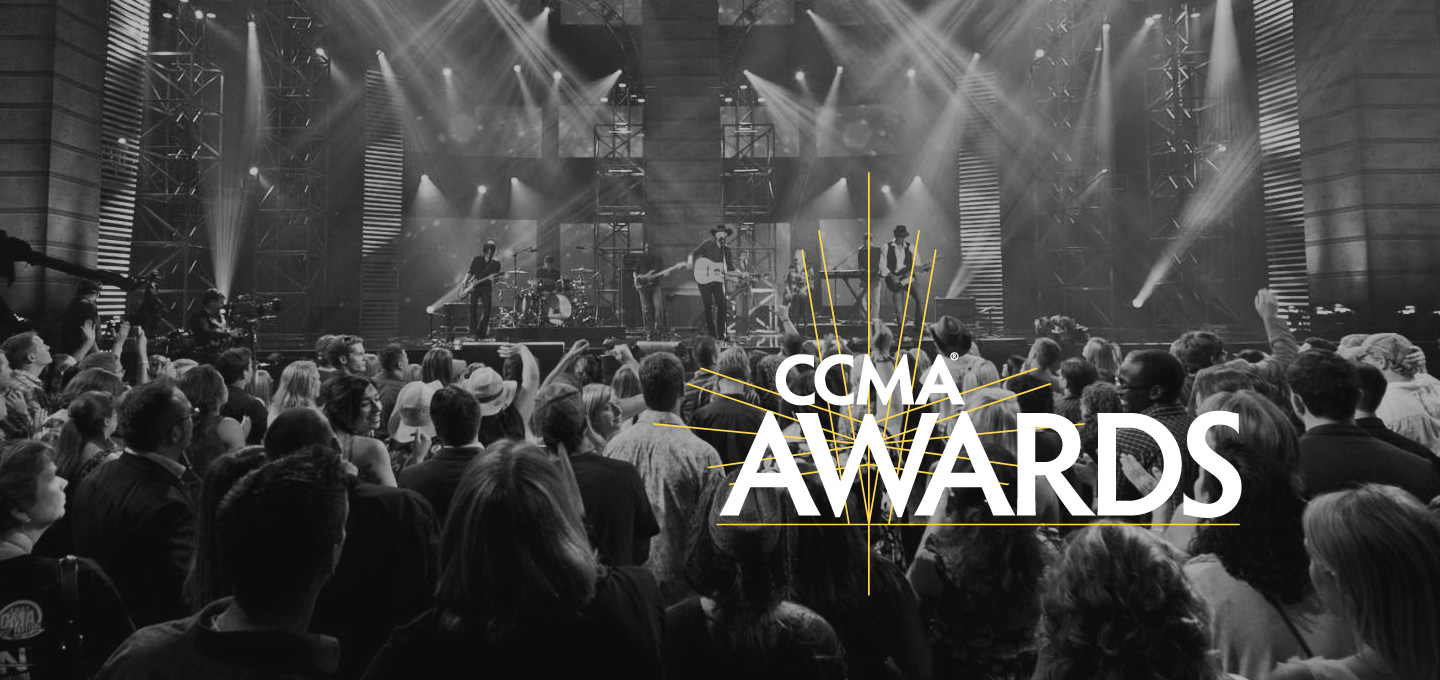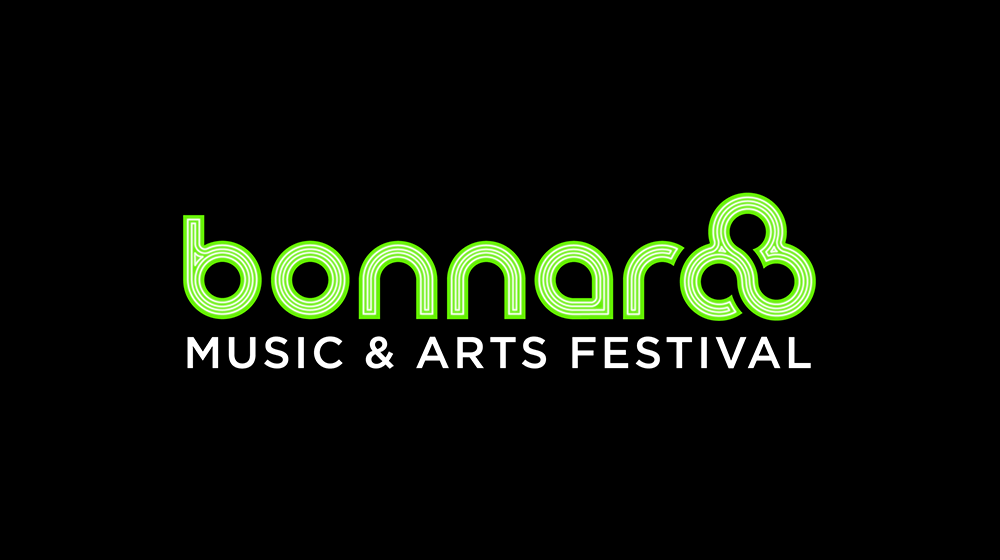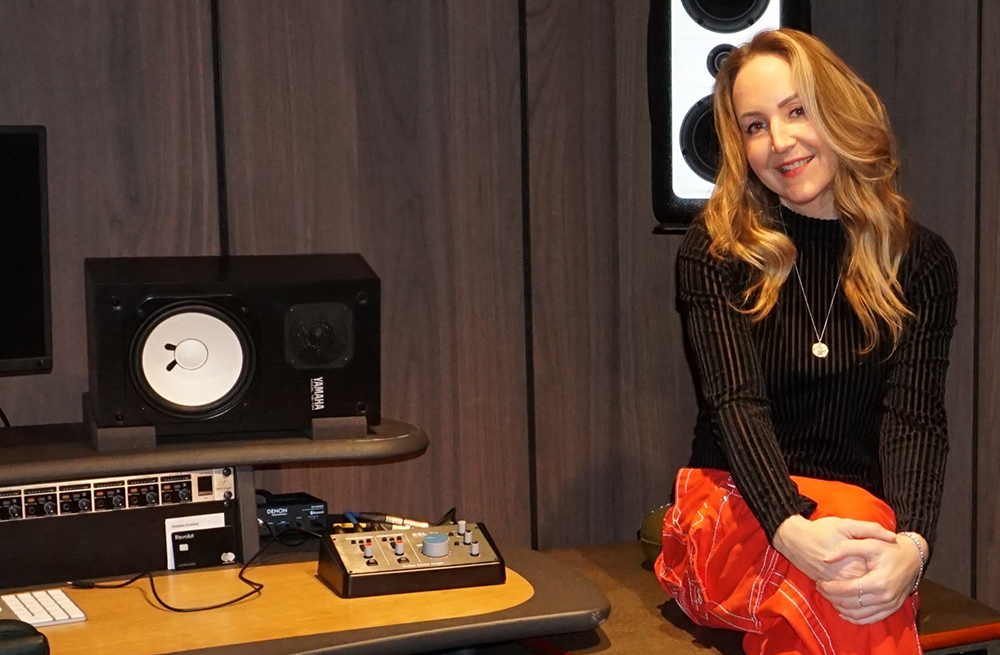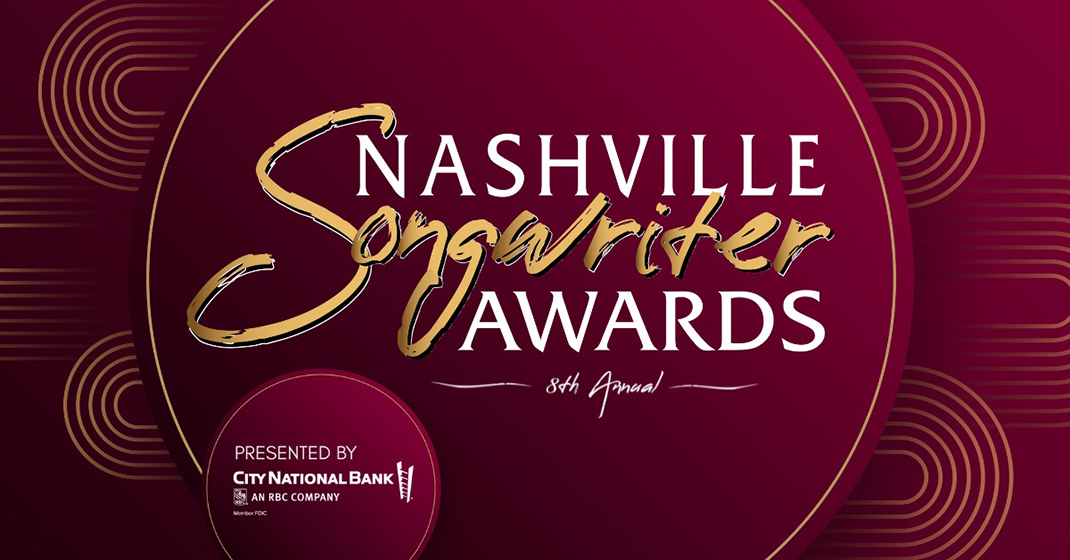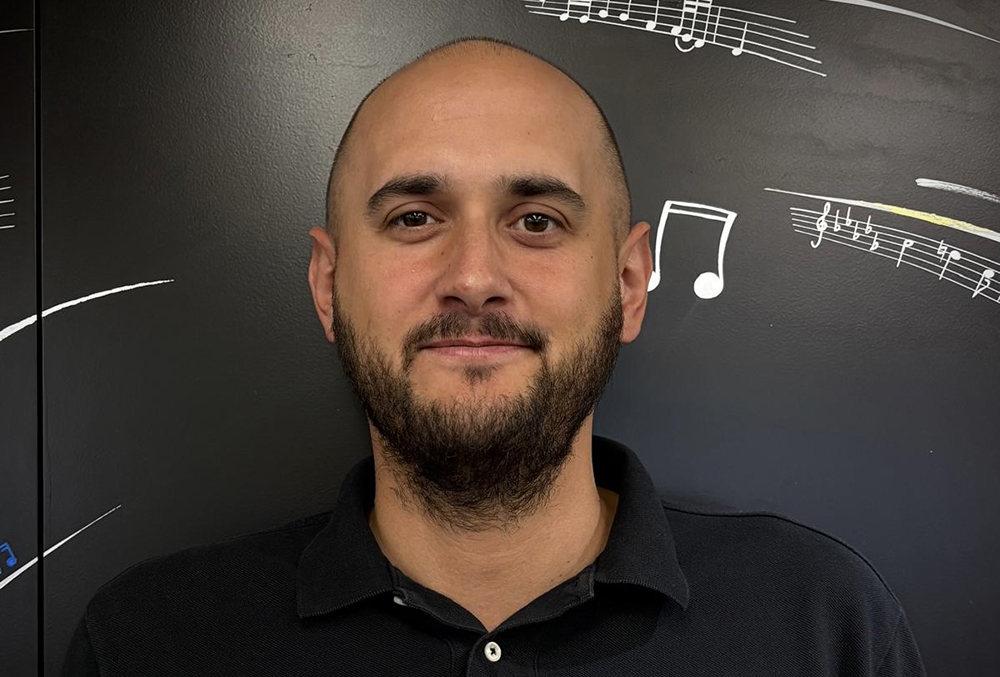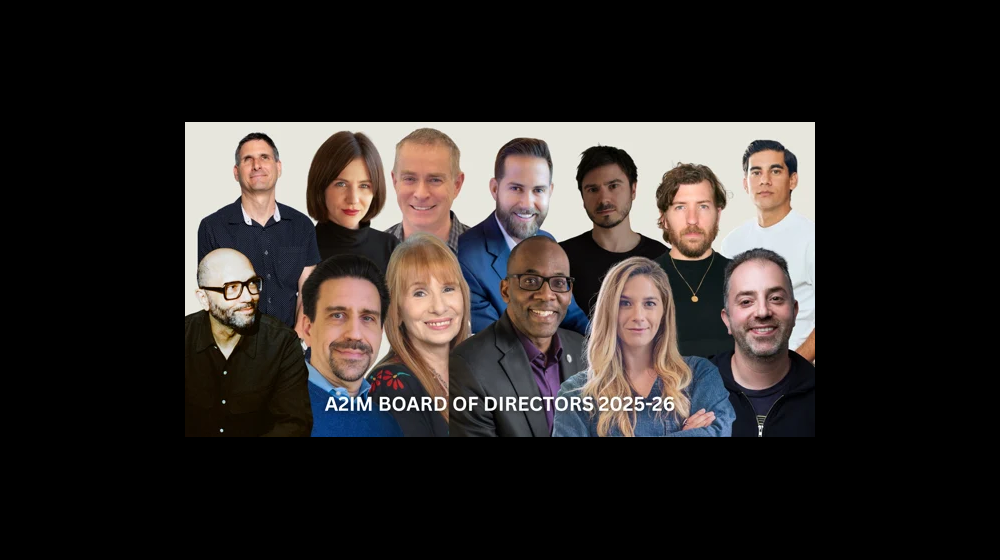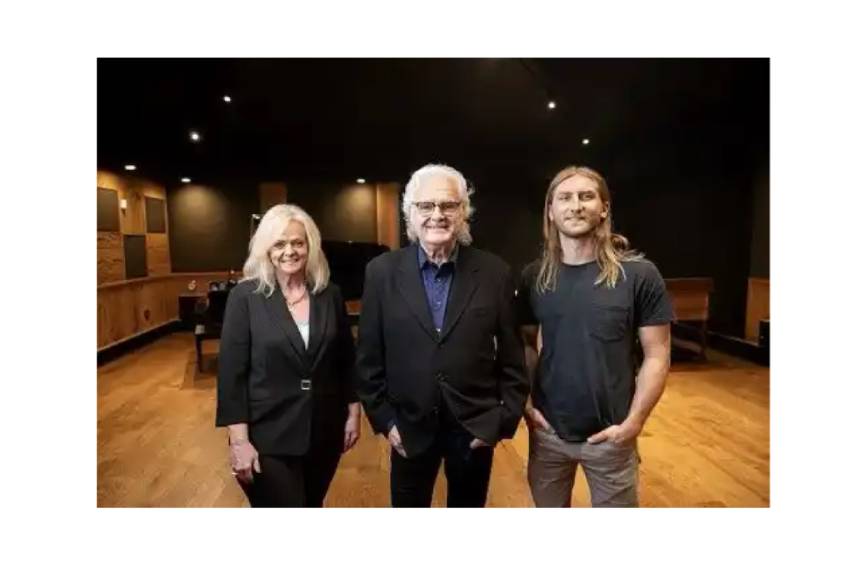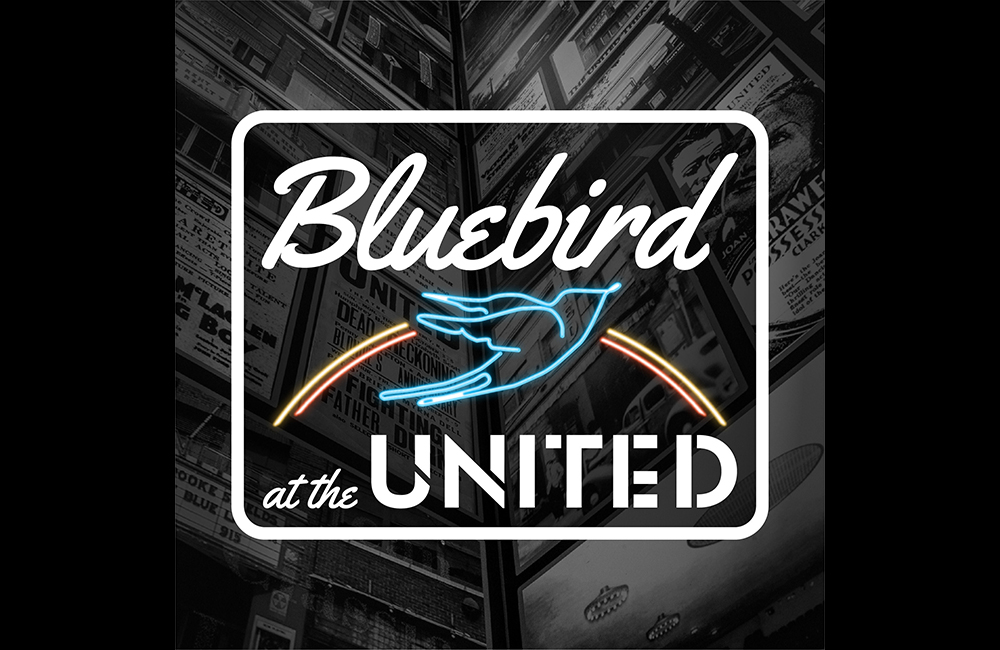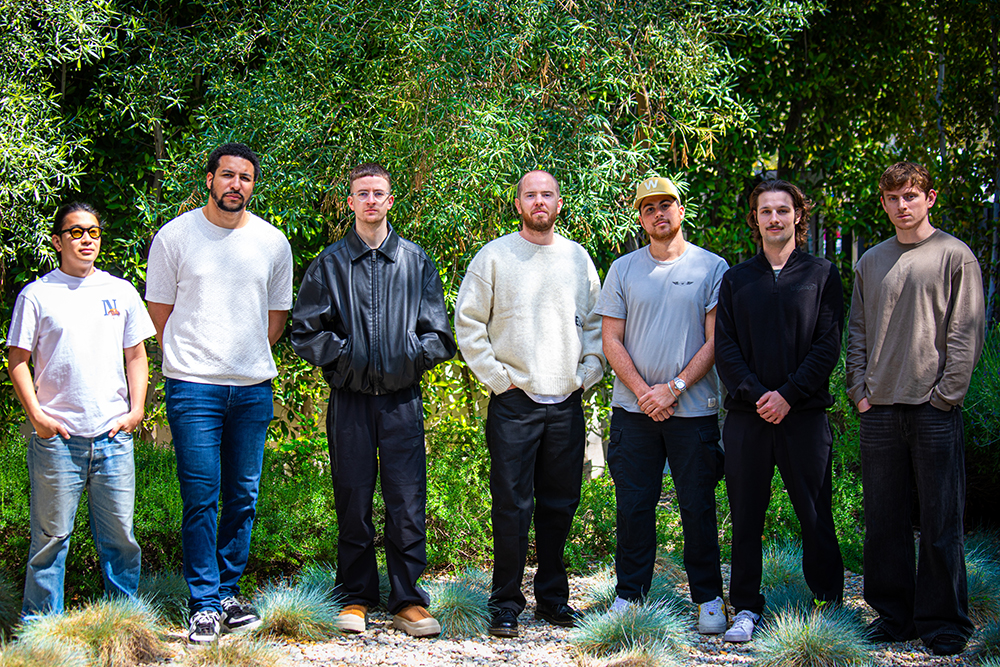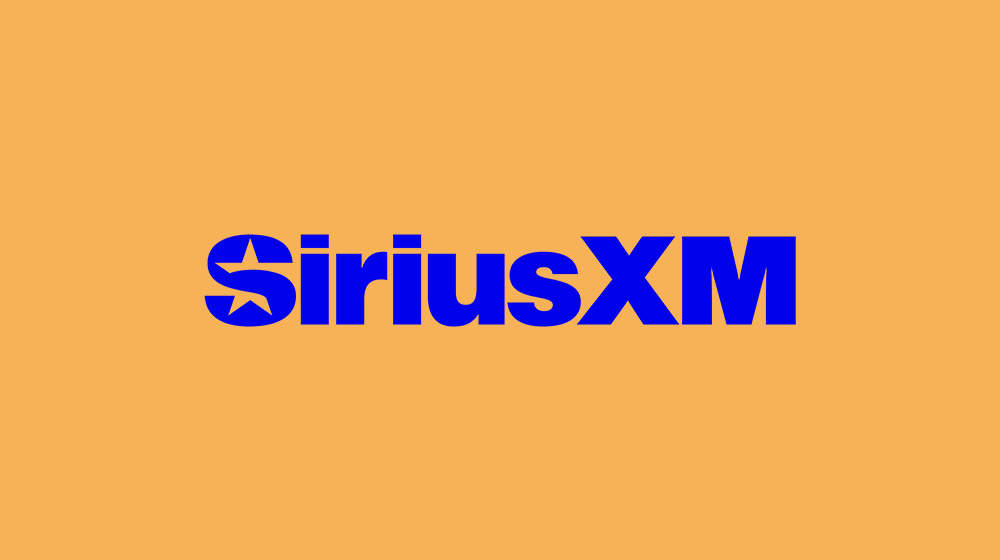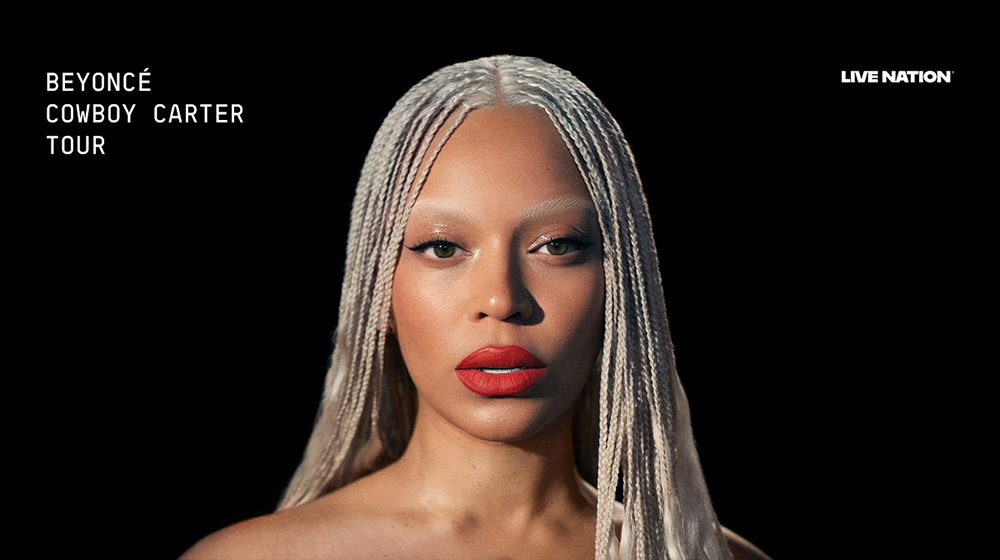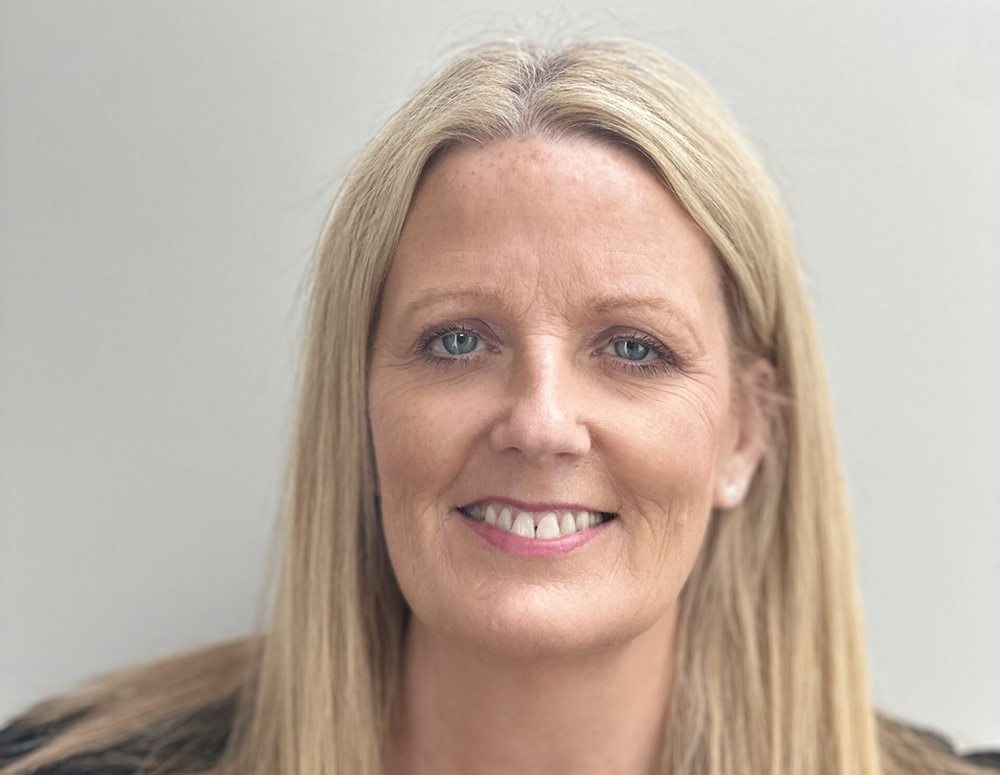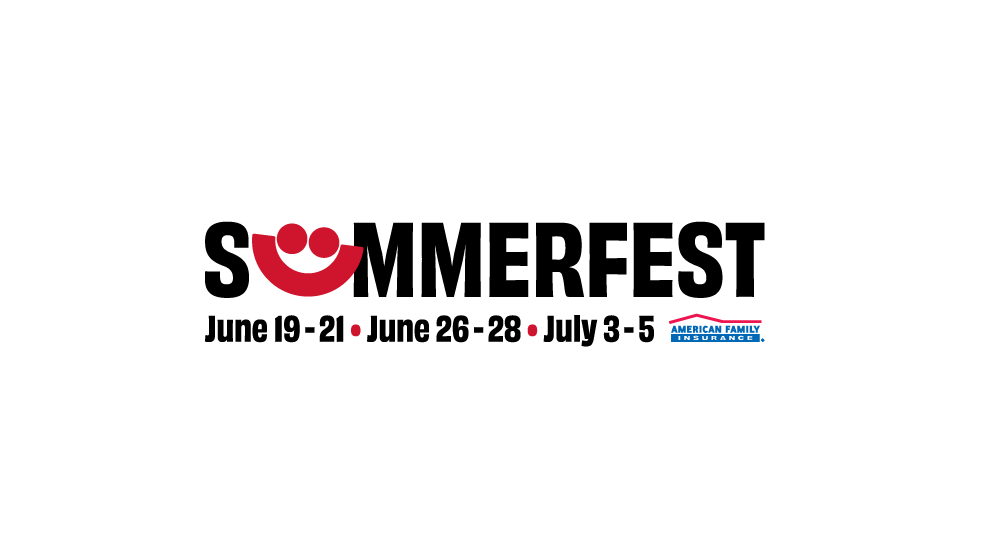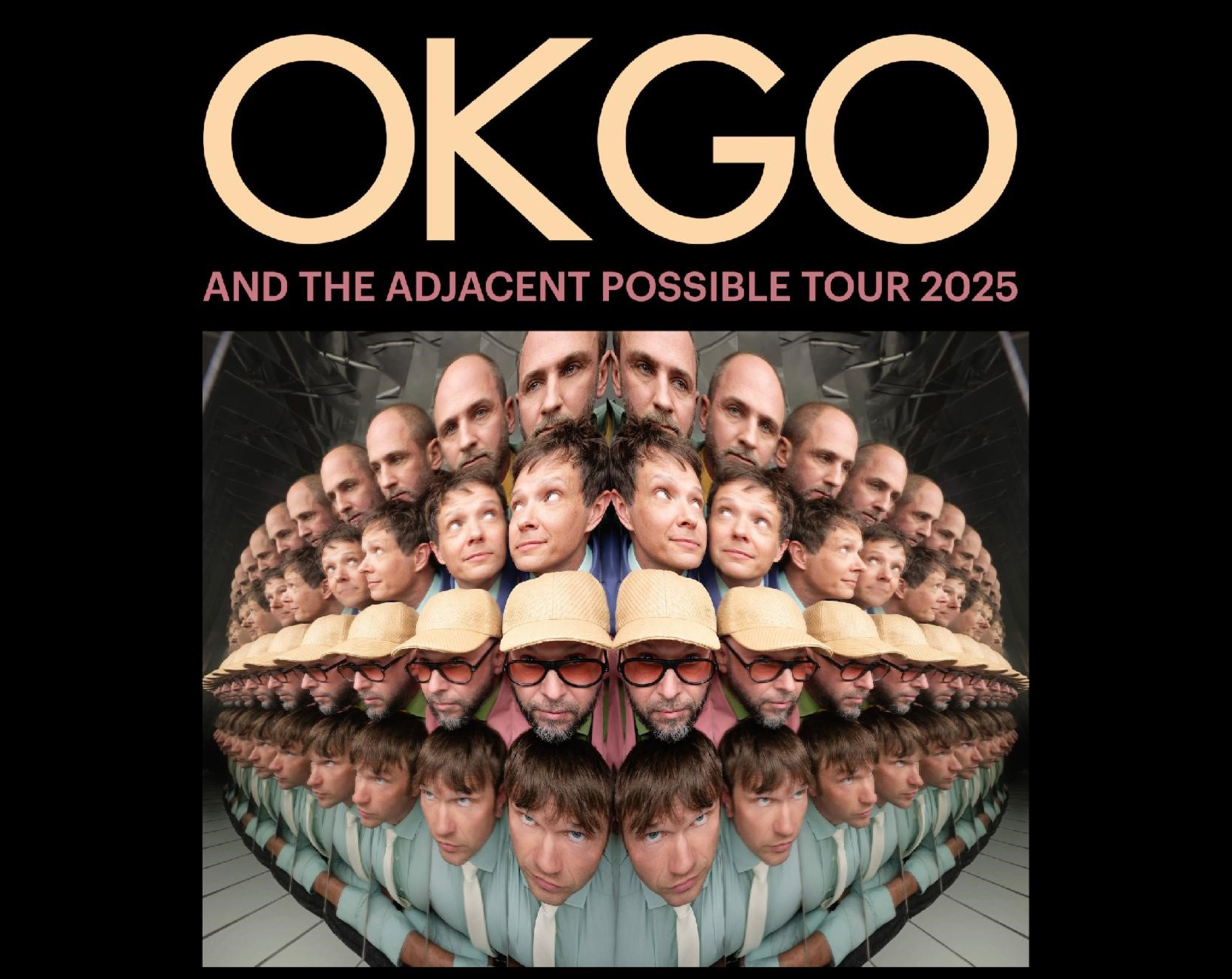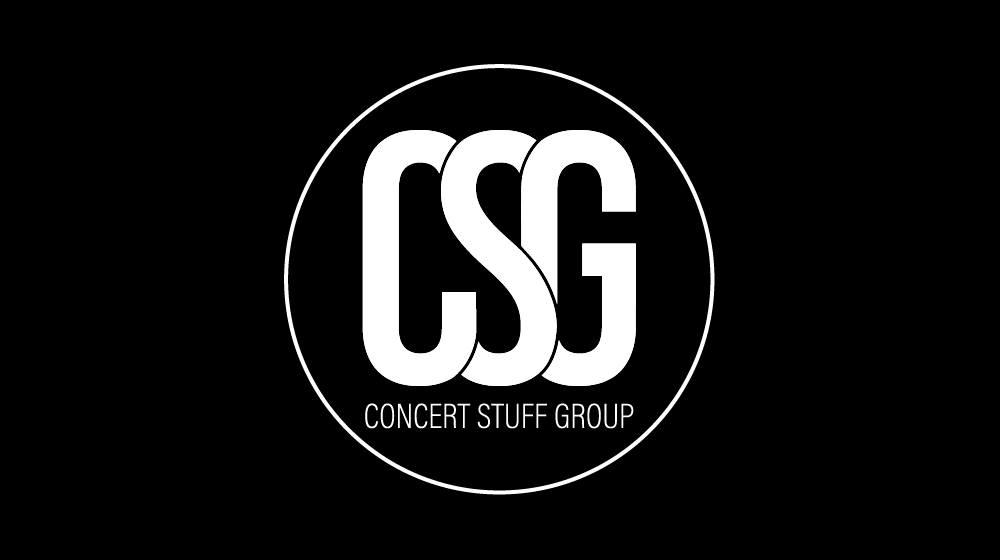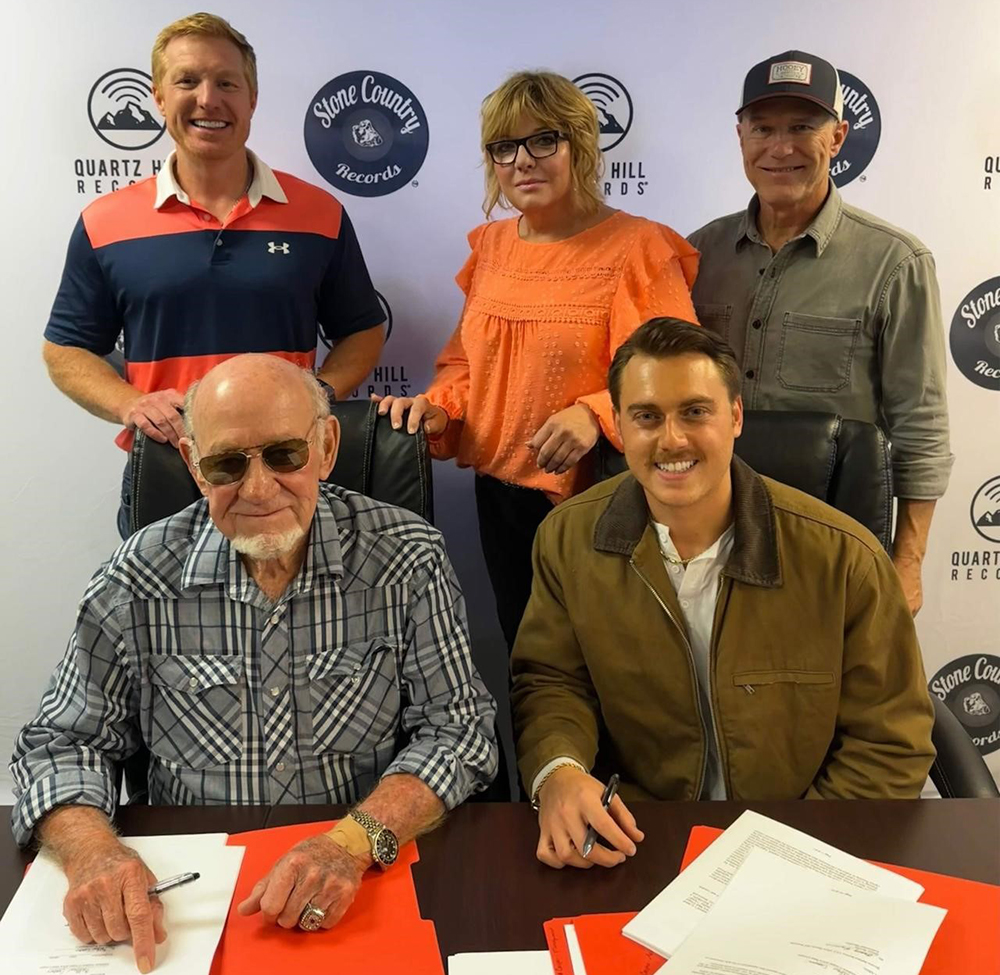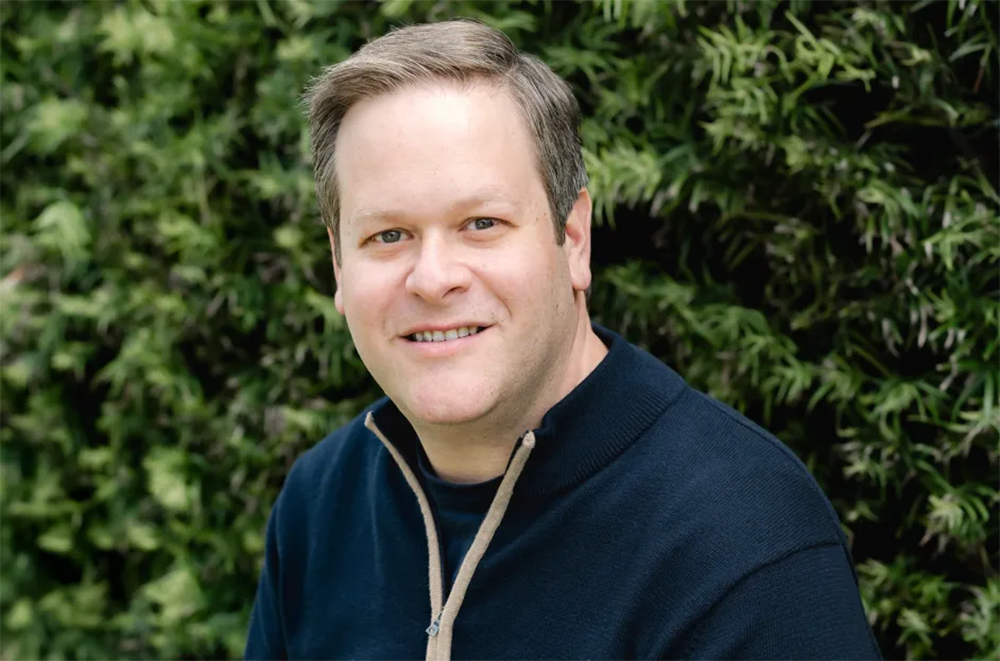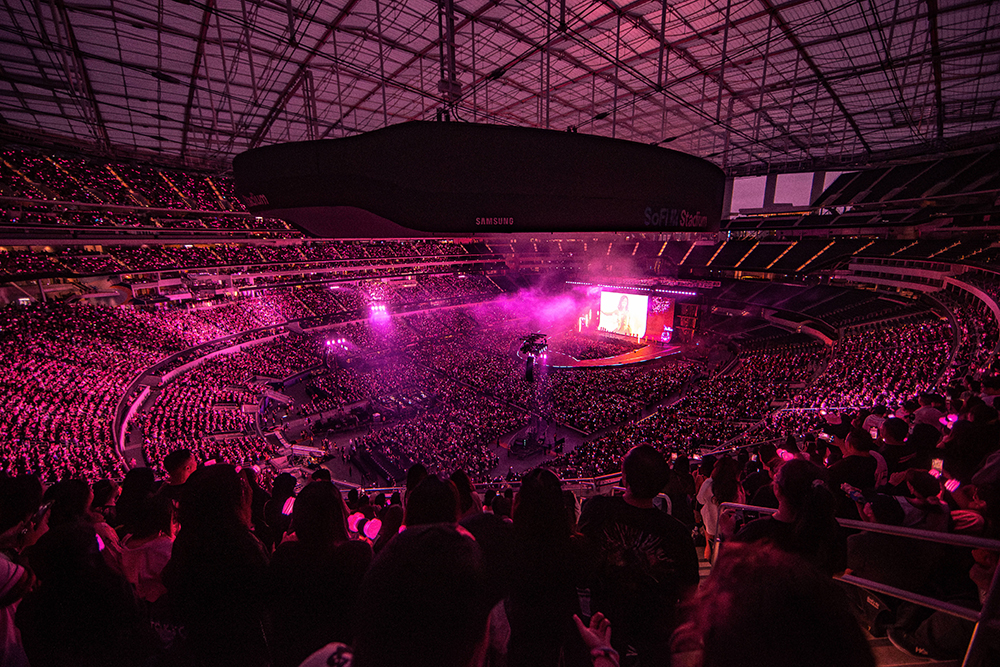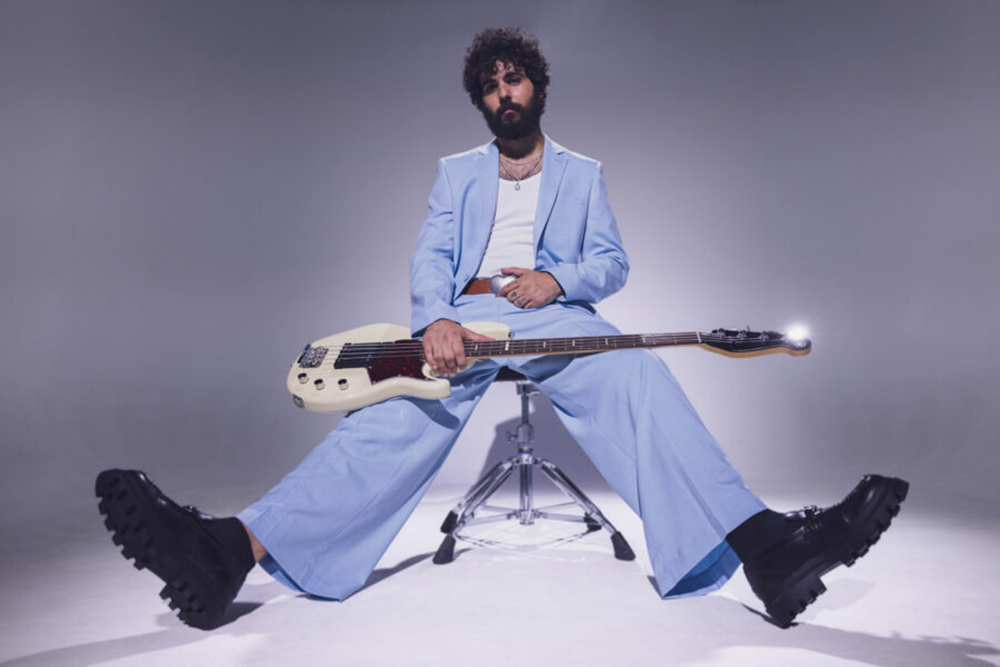Having been part of the independent music industry for nearly 40 years—as an owner of live music venues, a record company, a publishing company, a management firm, and a promoter of tens of thousands of shows—I have dedicated my life to helping artists earn a living. Throughout this journey, I have forged lifelong friendships with many hard-working songwriters and performers, both big and small. I want to be clear from the outset: I am an advocate for creative music makers, independent artists, the protection of copyrights, believing strongly that creators and owners of musical works deserve fair compensation.
Op-Ed by City Winery’s Michael Dorf
However, there is an often-overlooked problem that perpetuates tremendous inequality among songwriters and the venues that support them—a problem that continues to be obscured to allow major players to exploit millions of dollars at the expense of the “little guys.” This issue lies within the realm of Performing Rights Organizations (PROs), which were established to collect money for the intellectual property rights of music creators and fairly distribute revenue from public performances of their works. The primary organizations in the United States are well-known: ASCAP, BMI, and SESAC, alongside two newer entrants, GMR and AllTrack.
These organizations engage in a noble pursuit, collecting payments from venues, restaurants, shopping centers, radio stations, and others that play music—whether live or recorded. In theory, they serve a critical role in collecting royalties to distribute to their member songwriters, composers, and publishers. For over 100 years, beginning with the early recordings of music, ASCAP, and then BMI and SESAC, have worked to “protect the copyright and performance rights” of their members.
However, what is missing from this statement today is the acknowledgment that their role should extend beyond merely “protecting” to ensuring that copyright holders are paid fairly, timely, and accurately. A century ago, it was challenging to determine precise payments to copyright holders based on actual listeners. Thus, a system of “blanket licenses” was established, allowing PROs to estimate potential audience sizes and collect fees accordingly. They then distribute annual royalties based on estimates of radio play (from stations obligated to submit playlists) and live performances in larger venues. However, smaller and mid-sized clubs have been subject to blanket license fees enforced by a team of lawyers who employ copyright infringement litigation to ensure collection. This system is incredibly effective but deeply flawed.
For instance, ASCAP reported record revenues of $1.737 billion for 2023, an increase of 14% over the previous year. BMI reported $1.57 billion in revenue, representing more than 1.4 million songwriters and publishers. The music publishing industry has seen significant growth, with top publishers like Sony Music, Universal, and Warner aggregating over 20 million songs in their catalogs. Considering that Apple Music boasts over 100 million unique tracks, it’s clear that this is big business.
While PROs claim to payout approximately 90% of their revenue as royalties, the distribution of these royalties is skewed. The majority of paid royalties go to the most commercial and popular names in the industry—those affiliated with large publishing houses and equipped with seasoned lawyers and agents who have deep connections with PROs. This systemic bias against genres like jazz, classical, experimental, and independent rock musicians virtually sidelines emerging songwriters who perform in smaller venues and lack the financial resources for representation.
In essence, we face a giant black box where it is estimated that 80% of the funds collected are secured by the top 20% of songwriters and legitimate copyright holders. In contrast, many European countries require setlists to be submitted by even the smallest jazz clubs to their PROs, such as GEMA and SACEM. Notably, in the U.S., the largest PROs fail to compensate many copyright holders, allowing agile music companies to dominate the distribution of funds. This disparity is both unfair and objectionable.
My personal experience underscores this issue. From 1987 to 2002, I operated the Knitting Factory, a 150-capacity venue that paid blanket license fees to the PROs and published around 3,000 songs from artists signed to our label, Knitting Factory Records. Despite our diligent registration of each song with BMI, we received no performance income in the U.S. for any of these works, as they lacked commercial radio play. I understood this process intimately, having worn both hats as a music publisher and venue operator.
Artists like Thomas Chapin and the Jazz Passengers played monthly at our venue, but they did not receive any compensation from BMI, even as we paid approximately $5,000 a year in blanket license fees. When I raised this concern with the attorneys collecting on behalf of the PROs, we were threatened with legal action over alleged copyright infringement for cover songs played in our venue, falling under the strict penalties of U.S. Copyright Act (17 U.S.C. 501 (a)). Faced with the choice of paying the $5,000 annual license or risking a lawsuit that could cost us millions, we felt coerced into compliance.
Let me be clear: my stance wasn’t about saving money as a venue owner. It was about ensuring that the artists whose work we celebrated were rightfully compensated. It felt fundamentally unjust that our contributions were funneling money into a “black box” benefiting pop stars like Madonna or The Eagles—artists with commercial hits while sidelining others who deserved fair payment for their crafts. While I appreciated the complexities of the allocation process, I found its moral implications troubling.
Fast forward to today: I have since created a growing chain of live music venues called City Winery. For the first 15 years, I continued to invest significantly in the PRO system, paying a similar amount—around $5,000 annually in blanket licenses for each 300-seat venue—resulting in approximately $15,000 a year per venue across the three major PROs.
Recently, I received a call from a lawyer at GMR, a newer PRO founded by industry icon Irving Azoff. GMR is notable for securing rights for artists like Prince, Bruno Mars, and Nicki Minaj and demanded another $5,000 yearly blanket license per venue. The question that arose was simple: why, after paying the big three a total of $15,000 annually for all three licenses, were we now being asked for $20,000 per venue for the same capacity and operating days? This scenario does not align with logic or fairness.
To illustrate the absurdity, I proposed dividing the $15,000 we previously paid among GMR, BMI, ASCAP, and SESAC, suggesting that each PRO would receive one-fourth of the original fee since the music played and venue capacity had not increased. The lawyer hung up on me, perhaps recognizing the basic rationale of my suggestion.
I’m not alone in my frustrations; many fellow venue owners share these sentiments. The National Independent Venue Association (NIVA), representing 3,000 venues like mine, has been aware of this disparity for years but has struggled to make significant changes with the current powers. Now, putting this writing into the public domain may lead to legal repercussions, particularly given that I acknowledge we may have had bands perform occasional cover songs in the past year. However, since we cannot pay specifically per performance, we find ourselves burdened with the financial demands of blanket licenses.
Ultimately, the crux of this issue is that today’s technology offers a solution. Imagine if every live performance could be accurately tracked and attributed in real-time through an iPhone app with live music recognition software linked to a blockchain database. Such a system could provide immediate payments based on actual attendance, fairly compensating copyright holders based on who truly benefited from their work. This technology exists, but the entrenched structures of the PROs seem disinterested in evolving to a fairer system. It is evident that this system needs immediate reform, if not intervention from Justice Department.
Michael Dorf
P.S. If there are any music industry/IP lawyers reading this who support this cause and consider working pro bono to help, please reach out. Your support would be greatly appreciated.

